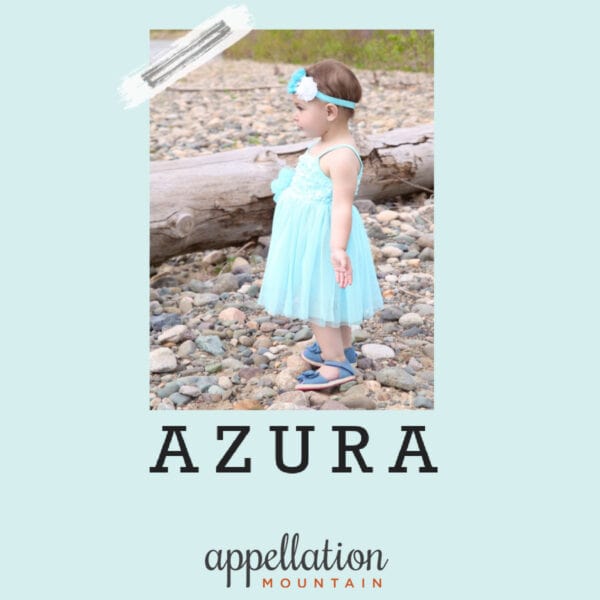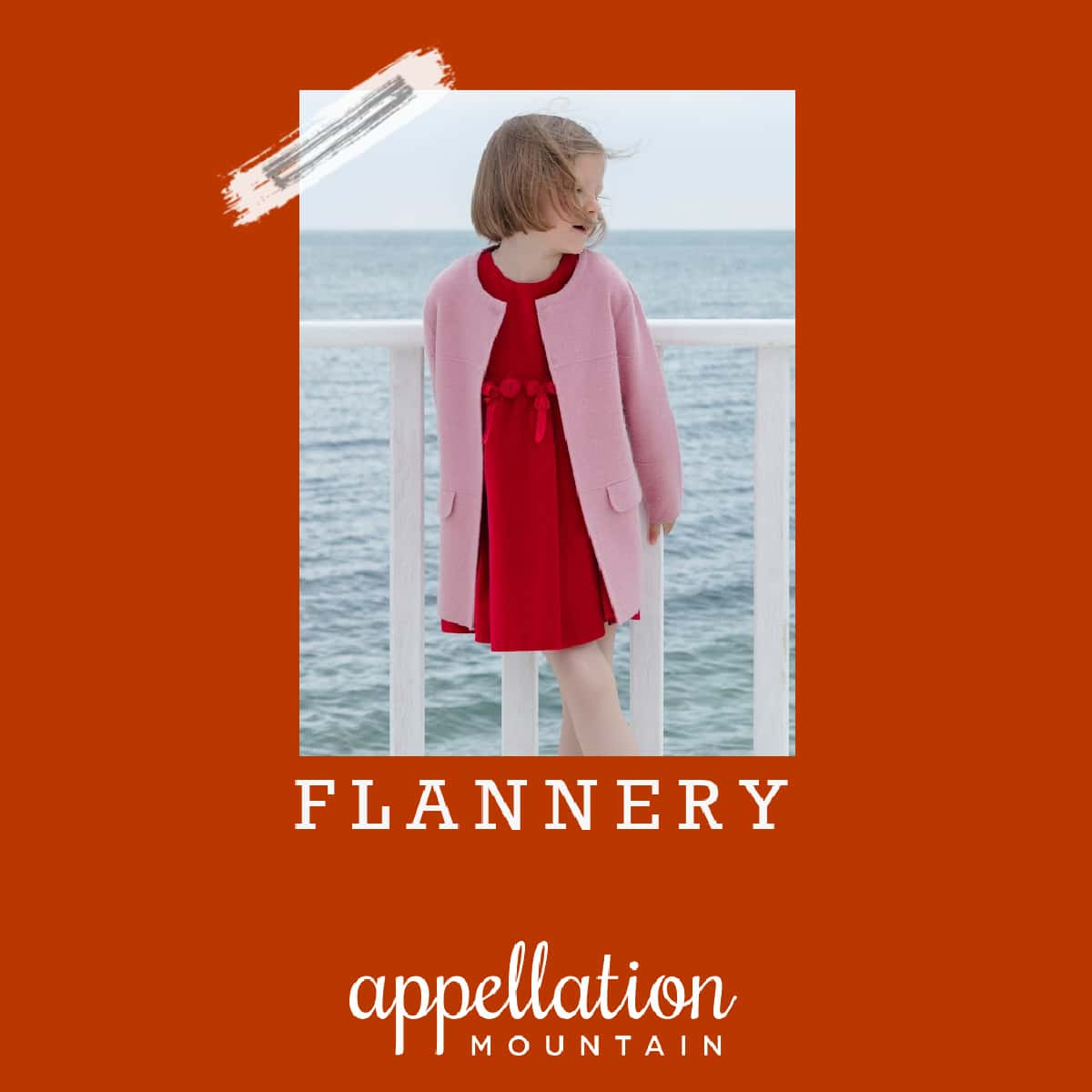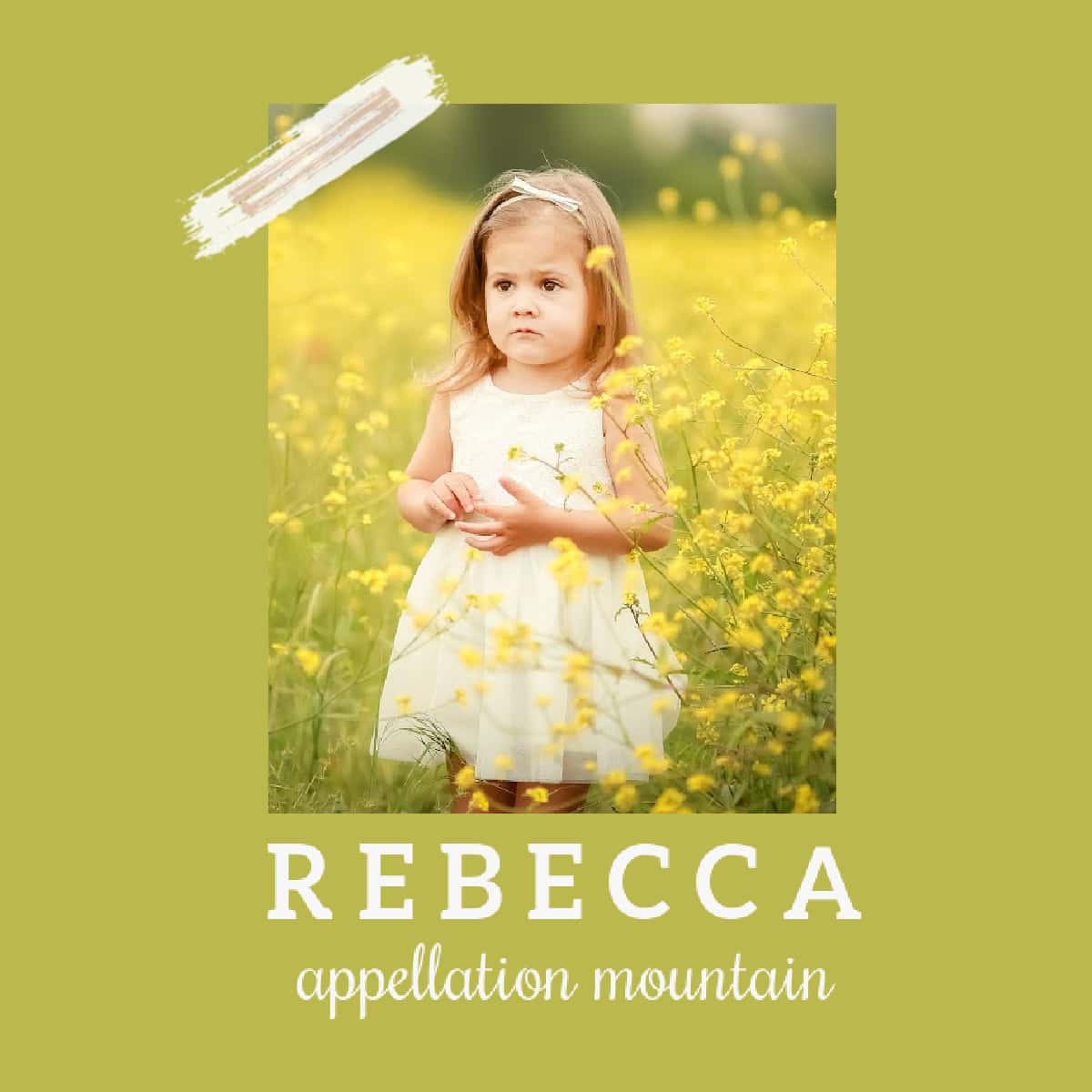He’d fit nearly anyone’s definition of a normal name, but he was actually quite rare until the post-World War II era.
Thanks to Kelly for suggesting Ryan as Baby Name of the Day.
Plenty of parents would consider Ryan a classic, a perfectly respectable option for a son. Many also consider it a thoroughly Irish choice, but not one so kelly green that it couldn’t be worn by, say, Ryan Goldenblatt or Ryan Wu.
Among the many similar choices that have risen since World War II, Ryan seems to have more staying power than Aidan or Brian, Connor or Kyle. He entered the US Top 100 in 1971 and has been there ever since. In 2009, he ranked #19 , slipping from his early 90s peak of #11, but still going strong.
You might have met a Ryan in the nineteenth century, but it would almost certainly be a surname. While Ryan originates from a Gaelic given name, it survived mainly as Ó Riagháin or Ó Riain – a surname probably best translated as descendant of the little king. The Irish rí means king; an is that well-used diminutive form. Some have also linked Ryan to Ó Ruaidhín and others, too.
While many surnames floated into the first spot over the years, the early and mid-nineteenth century marked the height of “No Irish Need Apply” job postings and a host of discriminatory practices. With hibernophobia in full flower, Irish appellations were simply not fashionable. You were more likely to meet a Howard or an Albert, a Eugene or a Ralph.
But times change, and baby names follow. Two pop culture phenomena helped propel Ryan from a common surname to a popular first name choice.
First came actor Ryan O’Neal, born Charles Patrick Ryan O’Neal. His breakout role was as Rodney on 1960s prime time soap smash hit Peyton Place. Then came 1970’s Love Story. O’Neal played affluent Harvard grad Oliver Barrett IV. He falls in love with Jennifer Cavelleri, a Radcliffe student with more brains than bucks, played by Ali McGraw. It was, of course, the same year that Jenny jumped to the #1 spot in the US. But she’d been headed that way for a decade plus.
Ryan was the real name story of Love Story. He first entered US Top 1000 in 1946 and gained steadily. O’Neal’s star turn on Peyton Place pushed the name up the charts, but Ryan had reached a plateau, sliding to #139 in 1970. Then came the film and bam! Ryan was #51 in 1971 and peaked at #11 from 1990 to 1991. He still comes in at #19 and unlike many a name launched by pop culture, seems installed.
Just as O’Neal’s star faded, ABC introduced daytime soap opera Ryan’s Hope. Once again, Ryan was a surname. Patriarch Johnny owned a bar called Ryan’s on Manhattan’s Upper West Side. If a single soap character can inspire parents, then it’s no wonder that Ryan rose the entire time the eponymous show aired, from 1975 to 1989.
The list of famous Ryans today is too long to even contemplate. From Ryan Seacrest to Ryanair, it’s tough to avoid this name, whether you’re Irish or not. He’s become a modern staple, as ordinary as Eric or Jeffrey. He’s not original, but he’s a solid choice for parents seeking that elusive normal name.




I work with a girl in her late 20s named Ryann. I love it! Spelled this way, it reminds me more of a variation of Rhianna than Ryan.
I think that’s a good point, Diane. Though it reminds me … Ryann and Ryanne always make me think to rhyme them with Diane. 🙂
I do think that the -an ending lends itself to borrowing by girls – ditto Aidan. If they didn’t exist as boys’ names, we’d invent them for our daughters.
I think Ryan is starting to feel a little dated.
On the popularity: I think the Jake Ryan character in Sixteen Candles also influenced the popularity of Ryan; I’m sure it did for Jake/Jacob.
On Ryan variations: my family has used Ryon as middle name for three generations, because my grandmother’s maiden name was Ryon. However, we have heard in recent years that it is not a variant spelling of Ryan…it has a completely different etymology and pronunciation (ry-AHN). Don’t know if that is true. Anyone know?
I have two nephews and a godchild with the middle name Ryan. While it’s a bit tired as a given name, Ryan is perceived as “a classic, a perfectly respectable option…” it has almost become the boy’s version of Rose or Grace.
I think Ryan is rather handsome, sweet and simple. I know of a beautiful little girl named Ryan, she has dark hair and dark skin with the prettiest green eyes! Her brother’s name is Clark.
I hope Nameberry responds, I’d be interested in reading your guest blog Kelly! Interesting stuff!
About your mention how Irish names were once considered “taboo” in America: That’s one of the items mentioned in a guest blog draft I submitted to be posted at Nameberry (I’ve not responded yet). The subject of the blog is that it seems that every 40 years or so (or a half-saeculum if you follow the works of Strauss & Howe mentioned at my blog) a category of names that was once taboo becomes mainstream again. The ones that become released from their taboo around “crisis” (using S&H terminology, and we’ve recently entered another such era) eras are secular in nature. For example, at the time of the last “Crisis” (Great Depression/WWII) it was Irish names as Abby mentioned; it seems like the current breaking taboo is unisex or “softer” boy’s names. The taboos broken in “Awakening” eras (e.g. the 1960s/70s) tend to be more religious in nature; that’s when we started seeing more Biblical names become more mainstream (prior to that many of them were considered “too Jewish” (much in line with names that were once “too Irish”). With all of these when they first start creeping back into general use the younger folks (i.e. the parents doing the naming) often have no problem with said names, while the older generation has stronger objections to them. This is what we’re experiencing now with the unisex/softer boy’s names; when many of us were born we’ve also had people reporting how their grandparents thought names like Benjamin and Rachel sounded too Jewish for a gentile (most of the last “anti-Irish” generation has now passed away so there aren’t too many negative comments on those anymore).
Speaking of cross-gender names, I’m surprised that you didn’t mention the (much smaller) usage of Ryan for girls as well.
really good point
A point of clarification: What I mean about unisex/softer boy’s names is a revival of their use on boys (our parents didn’t have much of a problem with using them for girls). Notice how many newer unisex risers like Hayden and Riley are holding onto their masculine usage in the midst of also being used for girls (unlike in the past where parents would often turn away from them as soon as they became popular for girls), and we’re seeing a growing interest in reviving names like Kelly and Robin for boys.
Actually, Kelly, I’m not certain that’s quite true … the part about the names falling off when parents adopt them for girls. It’s conventional wisdom, and I’m sure I’ve written here before, but when I’ve written about Kelly, Shannon, etc., I often see something different – the names rise and fall together, just at very different places in the popularity charts. I’ve never done the analysis, but I’m not certain it’s that simple …
Just food for thought. And I really do need to crunch some numbers at some point …
Abby- I probably could’ve said it better; what I meant is that after extensive use on girls they usually start falling for a boy. Indeed, with names like Kelly and Shannon (after looking at the stats) their boy peak was after the gender balance shifted (albeit often before the girl peak). Sorry!
I did some more analysis on names like the aforementioned ones, and with ones like Kelly and Shannon the pattern was they rose for both genders at first (one maybe a few years behind the other). Once parents started hearing the name regularly on girls, the boy’s popularity began to falter (hence on the downhill slope the girl/boy ratio is quite a bit higher than on the uphill one which is what leads to the name sounding more feminine then). Once the name’s heyday is over (and thanks to the SSA now going beyond the top 1,000 I can now observe this) the gender ratio often starts to close (for example last year the gender ratio for Kelly is closer than it has been since the 1970s).
On the other hand, names like Leslie and Sidney show a clear era of male dominance before they became more popular for girls (by the way if you haven’t done them those can be NOTD ideas), unlike the type in the last paragraph which rose and fell for both genders fairly concurrently. The difference I’m seeing with the newer unisex names is they’re less likely to fall a lot on the boy’s list during their peak popularity for girls (e.g. even with Riley’s rise for girls it’s remained at just below #100 for boys for the past several years).
I think it is VERY true that names like Riley, Peyton, Jayden, etc. are holding steady for both genders – you’re right, there’s definitely a changed attitude about it in among the current generation of parents.
Can’t wait to see all those wedding announcements for Jayden and Jaidyn in twenty some years …
These are some really fascinating points. I hope to read your guest blog at Nameberry soon!
I’ve got that blog post up (although it’s at my own blog). Here it is:
https://millennialkelly.blogspot.com/2010/08/more-on-name-taboo-releases.html
Yet another correction” When I said that “I’ve” not responded yet, I meant to refer to “them” at Nameberry. Sorry!
Fascinating! And I had a bit about girls called Ryan in an early draft, but cut it – the whole post was too, too long. I actually know a Girl Ryan – she is inevitably referred to as Girl Ryan, because really, in your mid-30s, it is almost impossible to be in a group of more than a dozen and NOT have there be a boy Ryan, or someone who has a son/brother/boyfriend called Ryan … she wears it well, but it is confusing.
This was my husband’s choice for a middle name for our Samuel. I wasn’t thrilled by it. While I love the sound, an old friend had just had a baby named Ryan, and I grew up with no less than three Ryans. To me, it was more common than Sam, and to put two common names together just wasn’t the idea I had in mind. I do love the name, though in my eyes, it’s as predictible as James or Christopher. At least it’s not an eye-roller. 🙂
I think I feel the same as you 🙂
Meh, Ryan is very boring to me.
I actually love the sound of Ryan. But, I also love the -rye names. I also like the end sound, i.e. like Cian, Ciaran/Kieran/Keegan/Rowan/Ronan etc. I like it a lot on a boy, but I’m not really a huge fan of it on a girl. The name is easy to say , spell and it will age well.
The negative with Ryan is that it is a very popular name ;which is why I tend to lean more towards some -ry variations i.e. Ryder,Rylan, Ryker , Reilly etc I still get that sound that I love, but without the huge popularity (where I live)
I’ve also come across more Ryan(s) first name than surname.Most Ryan(s) that I’ve known or known are in their 20s. So, while I like him a lot, he has been tainted for me by popularity. If I went for a name of this style/sound, I’d probably use Kieran/Kian or Brandon, as even though they are very popular in other countries, they aren’t in SA. There is something just warm and comforting about Ryan; probably because of his familiarity. However, Ryan isn’t for everyone and I do get that.
I forgot to mention Orion!